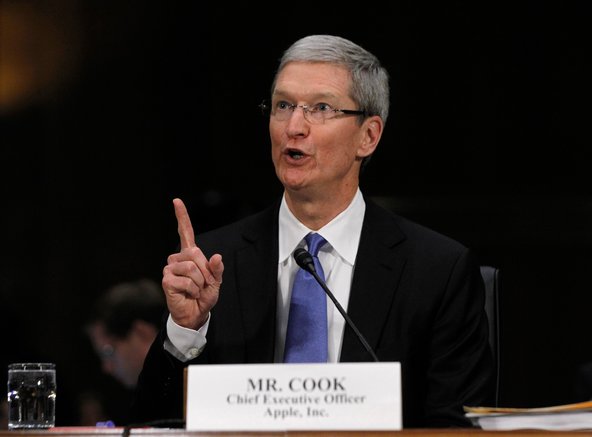In his essay for the Atlantic about Silicon Valley politics and tax policy, Kentaro Toyama questions the very limits of meritocracy:
“What’s wrong with a world in which greater intellects hold more power and win greater rewards? At least two things: First, intelligence and productivity are important, but they’re secondary virtues, compared with goodness and sincerity. The road to hell may be paved with good intentions marred by stupidity, but bad intentions backed by brains are hypersonic jet transport to fire and brimstone. The difference was on full display when Cook testified. The Apple CEO is undoubtedly very smart, and on the Senate panel, he revealed a razor sharp social intelligence to boot. Yet, the words that came out of his mouth must rank with ‘we didn’t know tobacco was bad for you’ in their insincerity: ‘We not only comply with the laws, but we comply with the spirit of the laws. We don’t depend on tax gimmicks.’ Really?
The second is that a meritocracy can be just as bad as any other ‘-ocracy’ in reinforcing inequalities unless each generation ensures a fair distribution of merit. Unfortunately, American institutions for nurturing merit — such as its system of formal education — are only becoming less and less egalitarian. Public school funding remains linked to local property taxes, causing cumulative disadvantage; private schooling is becoming the default for rich, ‘meritocratic’ parents, who then care less about what happens in the public system; college is increasingly unaffordable for even the firmly middle class.”
Tags: Kentaro Toyama

